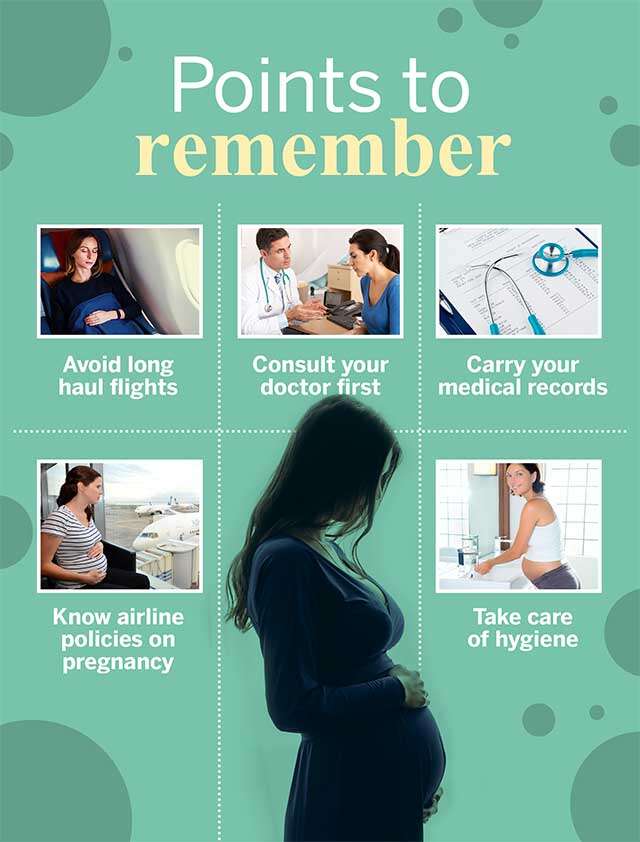
Traveling During Early Pregnancy: A Comprehensive Guide for Expecting Mothers
Traveling during pregnancy can be an exciting and fulfilling experience, but it also requires careful planning and consideration. Understanding the potential risks and benefits, as well as taking necessary precautions, can help ensure a safe and enjoyable journey for both mother and baby.
Is it Safe to Travel During Early Pregnancy?
Generally, traveling during the first trimester (weeks 0-12) is considered relatively safe. However, it’s crucial to consult with a healthcare provider before making any travel plans, especially if you have any underlying health conditions or a history of pregnancy complications.
Potential Risks and Benefits of Traveling During Early Pregnancy
Risks:
- Morning sickness: Nausea and vomiting can be common during early pregnancy, which can be exacerbated by travel-related factors such as motion sickness or changes in diet.
- Fatigue: Pregnancy can cause increased fatigue, making long journeys more challenging.
- Increased risk of miscarriage: While rare, traveling during early pregnancy may slightly increase the risk of miscarriage, particularly if you experience severe morning sickness or other complications.
- Blood clots: Prolonged sitting or immobility during travel can increase the risk of blood clots in the legs (deep vein thrombosis).
Benefits:
- Relaxation and stress relief: Traveling can provide a much-needed break from the demands of pregnancy and allow for bonding with your partner or family.
- New experiences and memories: Exploring new destinations can create lasting memories and provide a sense of accomplishment.
- Improved mood: Travel can boost mood and reduce stress levels, which can be beneficial for overall well-being during pregnancy.
Precautions to Take When Traveling During Early Pregnancy
- Choose safe destinations: Avoid areas with high rates of infectious diseases or political instability.
- Plan short trips: Limit travel time to avoid excessive fatigue and potential complications.
- Stay hydrated: Drink plenty of fluids to prevent dehydration, especially during air travel.
- Get up and move: Take frequent breaks during long journeys to improve circulation and prevent blood clots.
- Wear comfortable clothing: Choose loose-fitting, breathable fabrics that allow for movement and minimize discomfort.
- Inform your airline or travel provider: Notify them of your pregnancy and any specific needs you may have.
- Carry a medical information card: Keep a card with your medical history, emergency contacts, and insurance information easily accessible.
- Consider travel insurance: Protect yourself against unexpected medical expenses or trip disruptions.
Specific Travel Considerations
Air Travel:
- Choose aisle seats for easier access to the restroom and to stretch your legs.
- Request a bulkhead seat for extra legroom.
- Wear compression stockings to reduce the risk of blood clots.
- Drink plenty of water and avoid alcohol and caffeine.
Car Travel:
- Take frequent breaks to get out and move around.
- Adjust the seat to a comfortable position that supports your back.
- Use a seat belt extender if necessary to ensure proper fit.
Train Travel:
- Choose a seat with ample legroom and a table for convenience.
- Get up and walk around every few hours.
- Bring snacks and drinks to avoid dehydration.
Cruise Travel:
- Consider a smaller ship with fewer passengers for a more intimate experience.
- Choose a cabin with a private balcony for fresh air and relaxation.
- Participate in low-impact activities such as walking or swimming.
Other Tips for Traveling Comfortably During Early Pregnancy
- Pack light and avoid heavy lifting.
- Bring comfortable shoes with good arch support.
- Carry a small first-aid kit with basic medications and supplies.
- Listen to your body and rest when needed.
- Don’t hesitate to ask for assistance from airport staff or fellow travelers.
When to Avoid Traveling During Early Pregnancy
In certain cases, it may be advisable to avoid traveling during early pregnancy:
- If you have a high-risk pregnancy or a history of pregnancy complications.
- If you experience severe morning sickness or other pregnancy-related symptoms.
- If you are traveling to a remote area with limited access to medical care.
- If you have any concerns or reservations about traveling.
Conclusion
Traveling during early pregnancy can be a rewarding experience with careful planning and consideration. By understanding the potential risks and benefits, taking necessary precautions, and following these tips, expecting mothers can enjoy a safe and enjoyable journey while creating lasting memories. Always consult with your healthcare provider before making any travel plans to ensure the best possible outcome for both you and your baby.